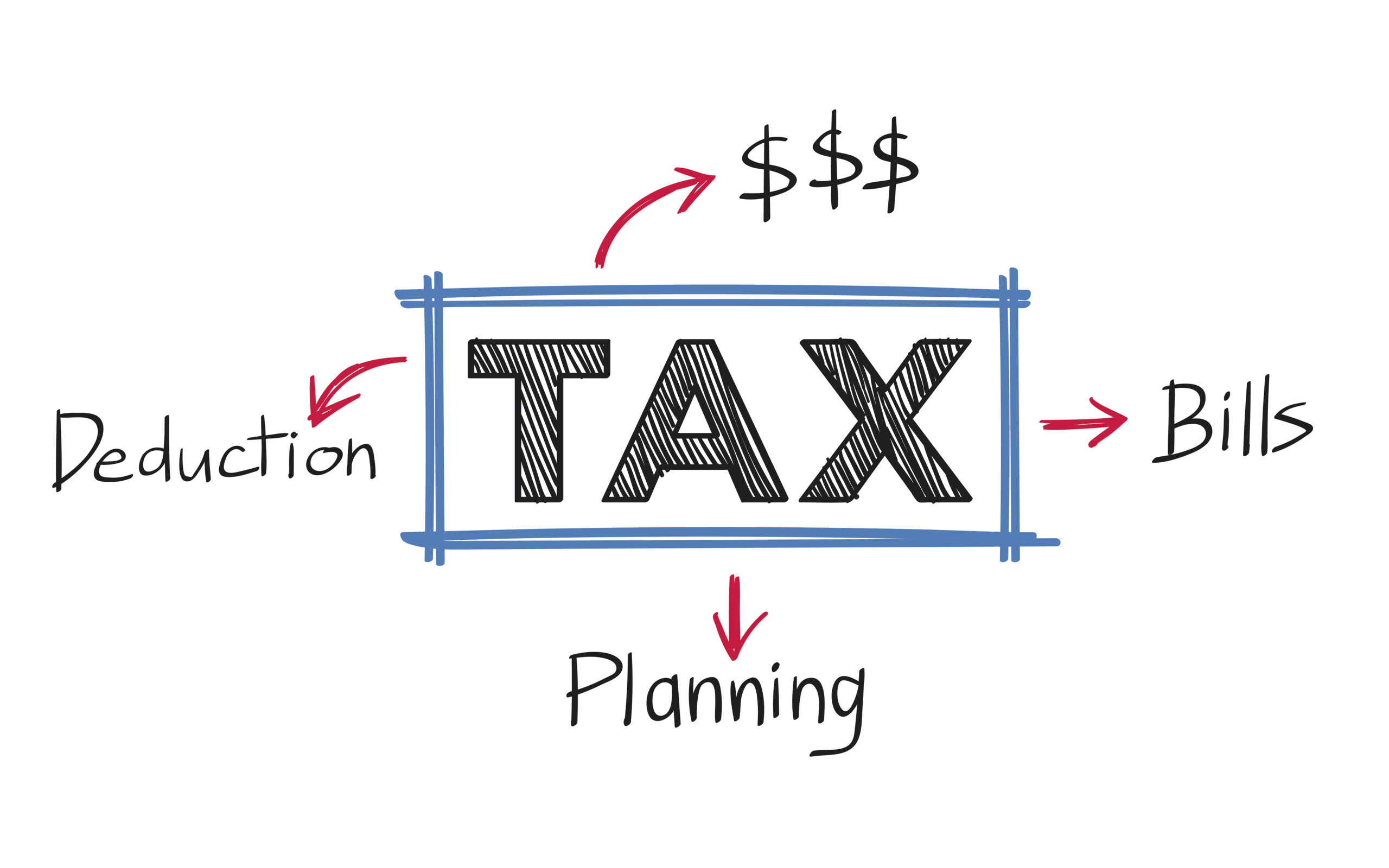Estimated reading time (in minutes)

Tax Ruling the Court of Justice of the European Union has ruled against France concerning the levy of the CSG and the CRDS on the income from the assets of non-resident taxpayers, French and foreign. They can demand reimbursement within two years after payment of social security contributions.
CJEU vs France on CSG and CRDS for Non-Resident Income:-
France does not have the right to charge social security contributions to people who do not benefit from Social Security. The Court of Justice of the European Union (CJEU) rendered a judgment to this effect on Thursday 26 February 2015. The judicial authority ruled that France does not have the right to deduct the CSG and the CRDS from the income of non-resident taxpayers domiciled in France. More specifically, the Court ruled against France against a Dutch national working in the Netherlands but domiciled in France to whom it applied social security contributions on life annuities concluded in the Netherlands.
According to European case law, a taxpayer does not have to pay social contributions from several countries on this income. In other words, he is only accountable to one social security: concretely, a French cross-border worker working in Germany and whose income is already subject to social security contributions across the Rhine does not have to pay French social security contributions. A prohibition that has been valid for earned and replacement income (salaries, retirement pensions, allowances, etc.) since 2000 and which now officially applies to income from assets (property income, interest from a life insurance contract, etc.). ).
REIMBURSEMENT AND PRESCRIPTION:-
The conflict settled by the CJEU dates back to the summer of 2012. The first finance law of François Hollande’s mandate introduced the application of social security contributions at 15.5% on the property income of non-residents as well as their capital gains real estate. The measure has since been strongly contested, in particular by wealth management professionals or even Frédéric Lefebvre, UMP deputy for French expatriates in North America.
As a result of the judgment rendered by the Luxembourg court, taxpayers who have had to pay social security contributions since the entry into force of the measure can demand a refund. Please note, however, that a limitation period of two years applies to claims. It runs from the date of payment of social security contributions. In fact, some taxpayers can no longer obtain compensation: it was thus necessary to submit a request for reimbursement before 31 December 2014 for real estate capital gains realized in 2013. Conversely, social security contributions on property income collected in 2012 and taxed in 2013 can still be refunded. In this case, the request must be sent before December 31, 2015.
Our firm assists you with complaints in order to guarantee your reimbursement.
